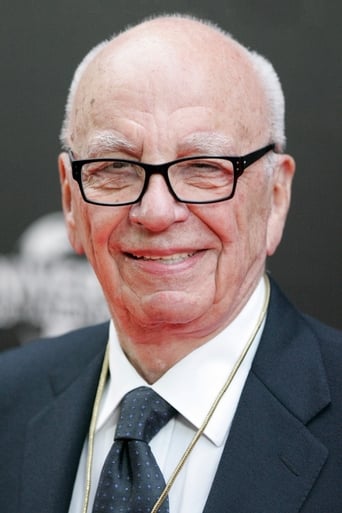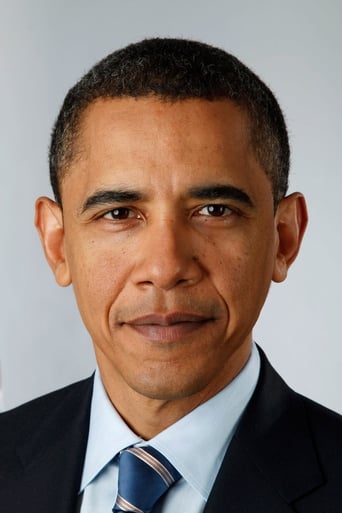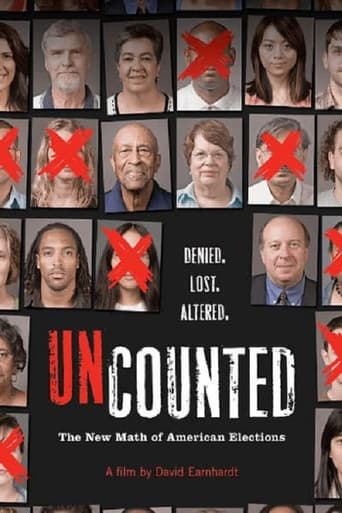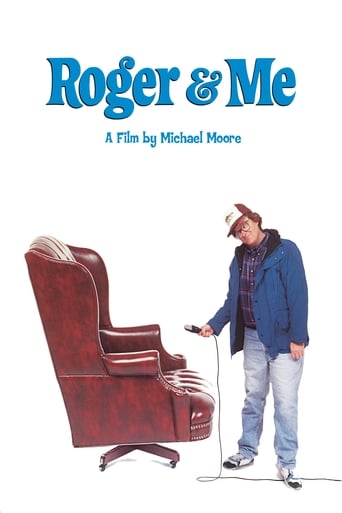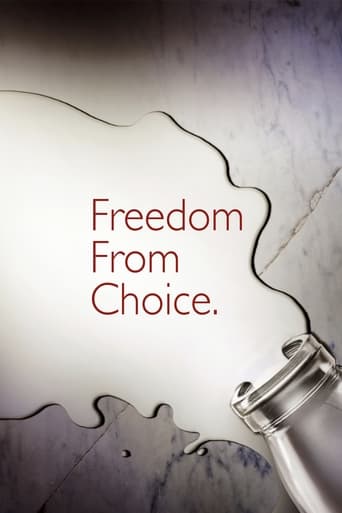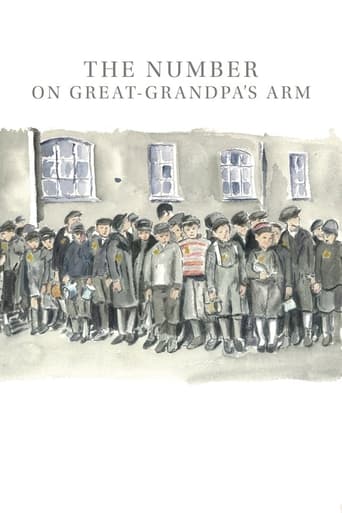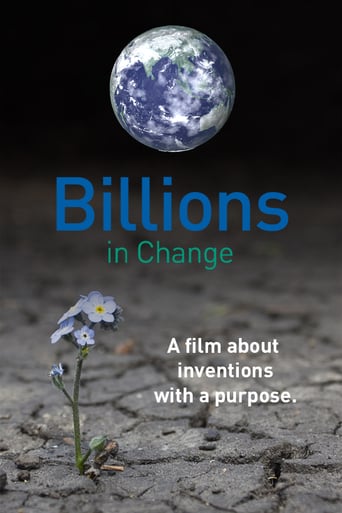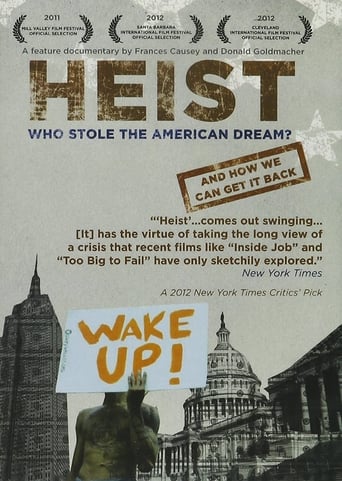

Heist: Who Stole the American Dream? (2012)
Heist: Who Stole the American Dream? reveals how American corporations orchestrated the dismantling of middle-class prosperity through rampant deregulation, the outsourcing of jobs, and tax policies favoring businesses and the wealthy. The collapse of the U.S. economy is the result of conscious choices made over thirty five years by a small group: leaders of corporations and their elected allies, and the biggest lobbying interest in Washington, the U.S. Chamber of Commerce. To these individuals, the collapse is not a catastrophe, but rather the planned outcome of their long, patient work. For the rest of the country, it is merely the biggest heist in American history.
Watch Trailer
Cast
Similar titles

Reviews
Why so much hype?
A Masterpiece!
Fun premise, good actors, bad writing. This film seemed to have potential at the beginning but it quickly devolves into a trite action film. Ultimately it's very boring.
The storyline feels a little thin and moth-eaten in parts but this sequel is plenty of fun.
11/8/17. If you are wondering why there is so much mental illness these days, this documentary may provide a partial explanation. Looks like those who have all the money will continue to have all the money, so forget about the working man. Of course, our happiness doesn't always depend on what happens to the economy, but if one has to work for a living, there is no other recourse to move ahead. What is perhaps the saddest thing in all this is when you take away the American Dream, you take away Hope, and that is worst thing of all.
Although my headline above is satirical, I did find this documentary to be taut and concise(at only 1 hr. and 16 min. long), and although I'm fairly well versed on the subject I did learn quite a bit from it.I thought perhaps one of the most interesting aspects of the doc was citing the memorandum of Lewis Powell, in the 1970's, who would go on to be a U.S. Supreme Court Justice. In this memorandum, which he wrote for the Chamber of Commerce, basically the game plan was written for the rich and powerful individuals and corporations, which is still being used today some 4 decades later.President Ronald Reagan liked the Powell memorandum so much he distributed it to all his Administration officials, and apparently used it to back many of his doctrines. These included slashing taxes for the wealthy(the infamous "trickle down" economic theory), raising taxes for the middle class and the poor( but couching the terms as "revenue enhancements"), marginalize or destroy unions, and deregulate business as much as possible.The film is quick to point out that Republican Administrations were not alone in this wealth re-distribution. Under President Clinton, the 1933 Glass-Steagall Act was abolished, which had very successfully prohibited banks and savings and loans from using depositors money for risky investments. Now, it was the Wild West all over again with banks packaging mortgages into the infamous derivatives, which I believe led primarily to the economic meltdown of 2008.Also, Clinton backed and fostered the NAftA Treaty, which since its' inception has cost countless American jobs, held workers' wages stagnant, and put them further into debt in all three countries.Manipulation of the media is another goal of the rich elite, or oligarchy. In 1983, there were 50 major media companies, and now we are down to 6--Time-Warner,Comcast, CBS, NewsCorp, Viacom, and Disney. Investigative reporting is becoming a thing of the distant past, and any reporter that seriously challenges those in power will most likely be fired. Six extremely powerful and rich families, such as the Koch Brothers, Joseph Coors et al. have formed private foundations to manipulate the media and promote their agendas. We even saw this in the recent Federal Government shutdown, and near default when certain groups showed they were virtually willing to do anything to de-fund "Obamacare" Next on their "hit list" will be Social Security and Medicare cuts, while major corporations shield their profits overseas and often not only do not pay their fair share of taxes but receive enormous rebates from the U.S. government.I could write all day on this, but let's say the movie offers some possible solutions towards the end for citizens to fight back and try and reclaim some of the wealth that has moved to the rich and widened the gap between the wealthy and the other 99% of us. Unfortunately, I personally believe it will take another crisis of some sort to get people motivated enough to demand major changes in this rigged system.The documentary was directed by Frances Causey and Donald Goldmacher, and narrated by Thom Hartmann.
HEIST fully exposes the roots of the economic downturn and lays the blame on some parties that you wouldn't even expect. If you want answers as to why the middle class had to sacrifice so much in this recession then see HEIST. You will be outraged to find out that many benefited from the losses of the poor and middle class in this country. Moreover, you will be outraged by how far corporations and commercial banks went to ensure that the American people were totally bankrupt of a financial future. They took Congress, they took the media, the bashed the unions, and they outsourced jobs, there is no lengths they will not go to to make more money. Fortunately HEIST goes on to give the audience solutions. A must-see before you vote!
"Heist: Who Stole the American Dream?" is a documentary polemic that comes out swinging. I More About This Movie Overview New York Times Review Cast, Credits & Awards Readers' Reviews "The mess we're in now did not begin on Wall Street. Long before the financial collapse, the dismantlement of government regulation was well under way. All the consequences are the result of a brilliantly executed coup. This is the story of the biggest heist in American history."Coup? The common notion is of a group of generals overthrowing a government and installing a military regime.Heist? The word conjures images of masked, armed crooks robbing a bank and escaping in a getaway car.But in today's political climate of overheated rhetoric, dropping loaded words may be the only way to get attention.Be that as it may, this project, produced and directed by Frances Causey and Donald Goldmacher, has the virtue of taking the long view of a crisis that recent films like "Inside Job" and "Too Big to Fail" have only sketchily explored. It makes a strong case that government regulation of business is essential for democracy to flourish. One of many pertinent observations from a host of experts is that the rich really don't need the government as much as everybody else.Ms. Causey, who had a 14-year career as a journalist for CNN, wrote "Heist" with Hollis Rich. Mr. Goldmacher is a documentarian whose first film, "Do No Harm," examined the marketing and research practices of the pharmaceutical industry.To say that the ideas in "Heist," which locates the source of our current troubles in a famous 1971 memorandum, belongs to the paranoid conspiracy school of history is not to suggest that its point of view isn't fairly persuasive. Conspiracies exist.The seeds of the financial crisis, the film maintains, were sown by Lewis F. Powell Jr., a Virginia lawyer and representative of the tobacco industry who later became an associate justice of the United States Supreme Court. In a confidential memo to the United States Chamber of Commerce, "Attack on the American Free Enterprise System," he urged American corporations to take a much stronger role in influencing politics and law.The memorandum helped spur the formation of advocacy research organizations like the Heritage Foundation and the Cato Institute and paved the way for lobbyists to descend on Washington. In 1978, while on the Supreme Court, Powell successfully argued for the right of corporations to make political contributions.The movement to deregulate government control of corporations and to disempower organized labor accelerated after the 1980 presidential election. An early public battle in 1981 pitted Ronald Reagan against striking air traffic controllers. The film says that the number of American workers in unions has dwindled to 1 out of 14, from 1 in 3 in the 1950s.The filmmakers swiftly tick off legislation that they regard as concerted class warfare waged by corporations in collusion with corporate-controlled news media against the middle and working class: Starting in 1994, the North American Free Trade Agreement, which encouraged the outsourcing of cheap labor; the 1999 repeal of parts of the Glass-Steagall Act, which had separated commercial and investment banking; and the Commodity Futures Modernization Act of 2000, which deregulated over-the-counter derivatives, allowed financial institutions to run wild. Both major political parties, they argue, promoted deregulation fever."Heist" feels rushed. Many of its points could use elaboration. Its final section is a to-do list delivered in the tone of a high school civics teacher: restore fair taxation; make Wall Street play by the rules; build communities; develop efficient and sustainable energy through "a green New Deal"; and restore the labor movement.It all sounds peachy. The only way for these things to happen is through a widespread grass- roots awakening. (To point the way, the film offers scattered hopeful examples of constructive, do-it-yourself activism.) The Occupy Wall Street movement may be a sign of that. Or not.HeistWho Stole the American Dream?Opens on Friday in Manhattan.Produced and directed by Donald Goldmacher and Frances Causey; written by Ms. Causey and Hollis Rich; narrated by Thom Hartmann; director of photography, Rogelio Garcia; music by David Raiklen; released by Connecting the Dots Productions. At the Quad Cinema, 34 West 13th Street, Greenwich Village. Running time: 1 hour 15 minutes. This film is not rated.

